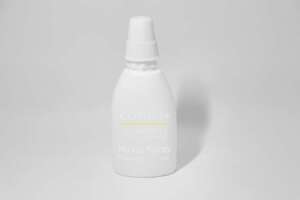Putting a new twist in their constantly changing story of alleged vaccine effectiveness, some researchers are now telling people that putting vaccines in the arms are not that helpful in preventing infections, and that they need a vaccine that goes up their nose.
Today Yahoo News featured a Business Insider story with the title “A nasal COVID-19 vaccine could be the solution to ending the pandemic, experts say, and early trial data looks promising.” The story introduces readers to a new kind of vaccine in development that the developers claim will be more effective at preventing COVID-19 infections – a nasal vaccine.

Claims of the Developers
Described as a “nasal mist” in the story, the vaccine is being developed by a pharmaceutical company called Meissa. The company’s website says:
Meissa is developing live attenuated vaccine candidates against life threatening respiratory viruses, including respiratory syncytial virus (RSV), SARS-CoV-2 (COVID-19), and human metapneumovirus (hMPV).
The Meissa researchers developing the nasal vaccine claim that the reason COVID-19 infections continue happening in vaccinated people is because the current COVID vaccines injected into the bodies don’t offer mucosal-level immunity that protects nose and mouth.
Nasal Vaccine Data
While Meissa has not shared their data with the public, the company claims that early clinical trials show promising results. They claim a couple of the vaccine’s drops in each nostril of an unvaccinated patient results in mucosal antibody levels higher than that achieved via body’s natural immunity against the disease.
Claims versus Evidence
The claims of Meissa’s nasal vaccine refresh the claims of the existing COVID shots that have failed in preventing and transmitting COVID infections as well as seriousness of illness and deaths. Recent data from Public Heath England revealed that fully vaccinated people were more likely to die of COVID infections and the combined numbers of COVID infection cases in those who got a single shot along with those who got all doses of a vaccine exceed the number of infections in unvaccinated people.



